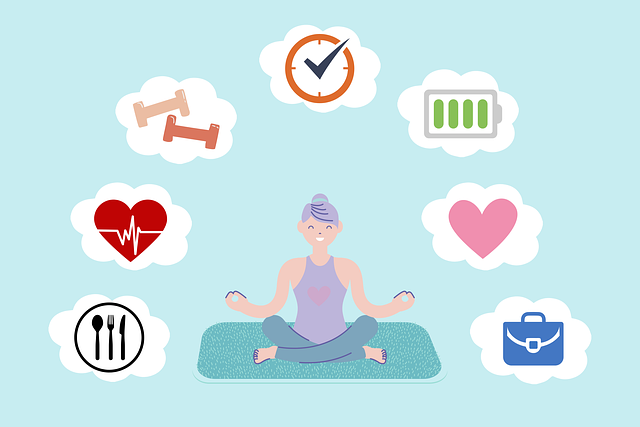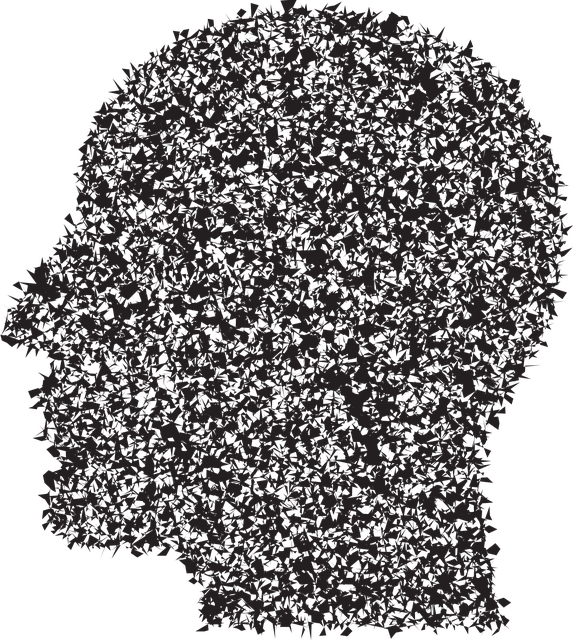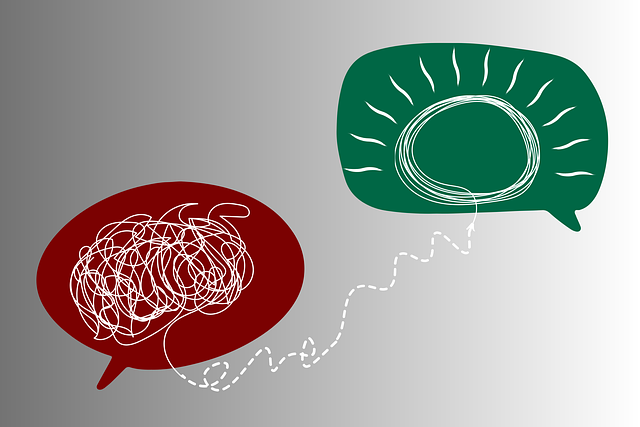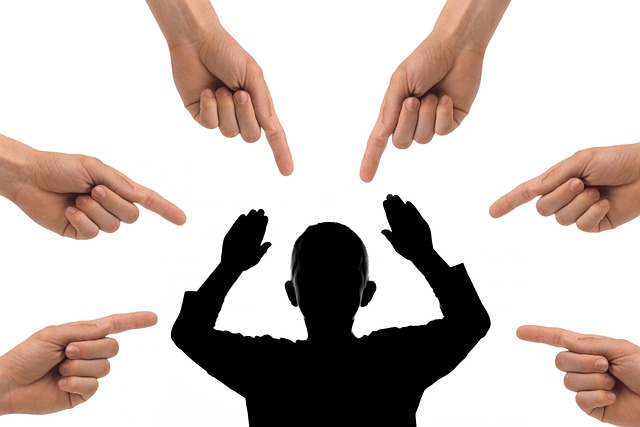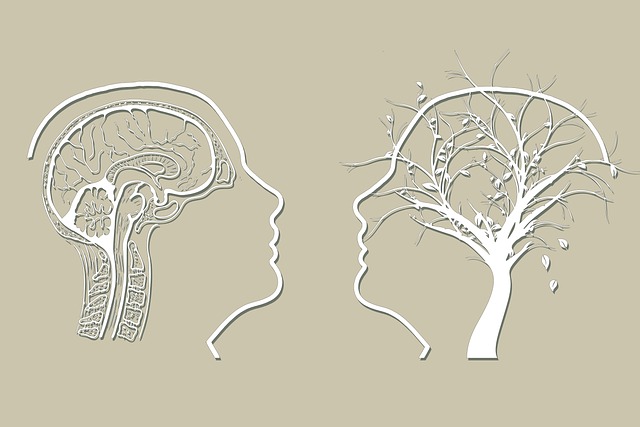Self-care is a critical component in treating young children with post-traumatic stress disorder (PTSD), offering essential coping strategies and emotional regulation through tailored therapy. Techniques like deep breathing, sensory play, and guided visualization teach children to manage intense emotions and traumatic memories. Play therapy and cognitive behavioral therapy (CBT) facilitate emotional expression, restore control, and equip kids with healthy coping mechanisms. Open discussions, encouraged by reducing mental illness stigma, foster a supportive environment for recovery, empowering young minds to rebuild resilience and develop positive self-relationships.
Self-care is a vital component of mental well-being, especially for children dealing with post-traumatic stress disorder (PTSD). This article delves into the transformative power of self-care practices and their profound impact on young victims’ mental health. We explore effective strategies tailored to meet the unique needs of these children, focusing on therapies that enhance their ability to engage in healthy self-care routines. By understanding the interplay between self-care and PTSD, parents and caregivers can effectively support children’s recovery through compassionate and targeted approaches.
- Understanding Self-Care and Its Impact on Mental Health
- Identifying and Implementing Effective Self-Care Strategies for Young Children with Post-Traumatic Stress Disorder (PTSD)
- The Role of Therapies in Enhancing Self-Care Practices for Kids with PTSD
Understanding Self-Care and Its Impact on Mental Health

Self-care is a fundamental practice that involves intentional actions to nurture and preserve one’s physical, mental, and emotional well-being. It is not merely a luxury but a necessity for maintaining overall health and resilience. For young children who may have experienced post-traumatic stress disorder (PTSD), implementing effective self-care strategies can be transformative. Therapy plays a crucial role in teaching these children coping mechanisms, helping them process trauma, and enhancing their ability to regulate emotions.
By incorporating activities that promote relaxation, mood management, and anxiety relief, young individuals can develop healthier ways of navigating their feelings. Mental illness stigma reduction efforts also contribute to this process, enabling children to openly discuss their experiences and seek support without fear of judgment. Ultimately, prioritizing self-care empowers these young minds to rebuild their sense of safety and foster a positive relationship with themselves.
Identifying and Implementing Effective Self-Care Strategies for Young Children with Post-Traumatic Stress Disorder (PTSD)

Identifying suitable self-care strategies is essential for young children experiencing Post-Traumatic Stress Disorder (PTSD). This process requires a nuanced approach as children’s coping mechanisms and emotional expression differ from adults. Therapy for Young Children with PTSD often involves a combination of evidence-based practices, including crisis intervention guidance tailored to their age group. By incorporating these interventions, professionals can teach young clients essential coping skills development, enabling them to manage intense emotions and reduce the impact of traumatic memories.
Effective self-care strategies might include simple yet powerful techniques like deep breathing exercises, sensory play, or guided visualization. These methods offer a sense of safety and control, helping children regulate their mood and navigate distressing thoughts. Additionally, establishing consistent communication strategies is vital. Therapists can guide parents and caregivers on age-appropriate ways to discuss traumatic experiences, fostering an open dialogue that reinforces emotional support and promotes healing.
The Role of Therapies in Enhancing Self-Care Practices for Kids with PTSD

For young children diagnosed with Post-Traumatic Stress Disorder (PTSD), therapies play a pivotal role in enhancing self-care practices and fostering their overall well-being. Play therapy, for instance, is a widely recognized approach that utilizes a child’s natural tendency to play as a therapeutic means to process trauma. Through carefully structured activities, therapists help children express their emotions, regain a sense of control, and develop healthy coping mechanisms. This not only improves their mental health but also equips them with essential self-care skills such as stress management and emotional regulation.
Additionally, evidence-based therapies like Cognitive Behavioral Therapy (CBT) are highly effective in treating PTSD symptoms in children. CBT helps young individuals identify and challenge negative thought patterns and behaviors associated with trauma. By integrating this into their self-care routines, kids gain a better understanding of their emotions and learn to manage them proactively. Moreover, regular therapy sessions provide a safe space for children to discuss their experiences, receive support, and develop healthy coping strategies that can significantly improve their quality of life. This is particularly crucial given the long-term impact of untreated PTSD, which can lead to depression prevention challenges among affected children.
Self-care is a powerful tool for improving mental health, especially for young children affected by Post-Traumatic Stress Disorder (PTSD). By understanding and implementing effective self-care strategies, as discussed in this article, parents, caregivers, and therapists can significantly enhance these children’s well-being. The integration of therapies tailored to PTSD offers a comprehensive approach to fostering healthy self-care practices, ultimately revolutionizing the way we support vulnerable young individuals on their journey to recovery.


